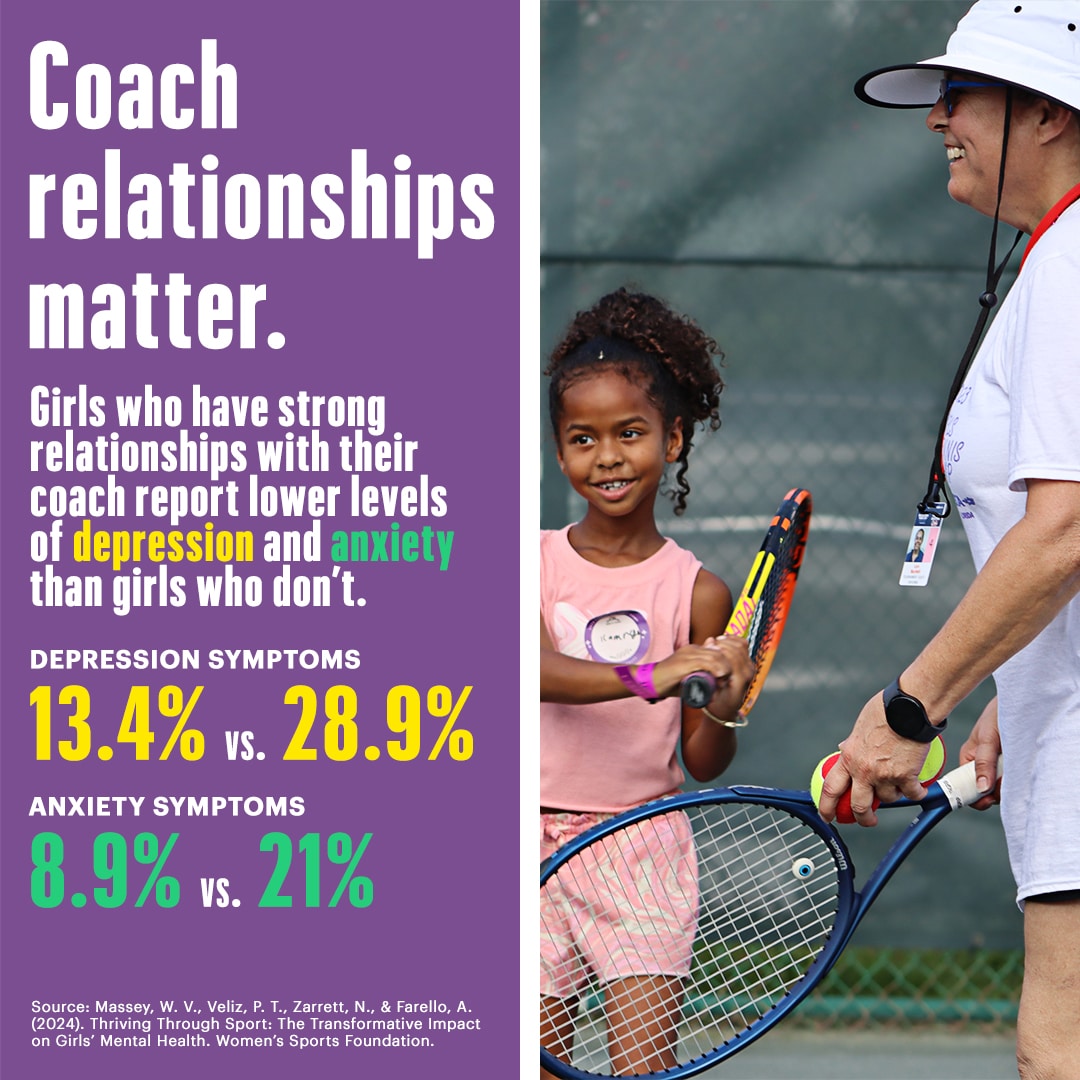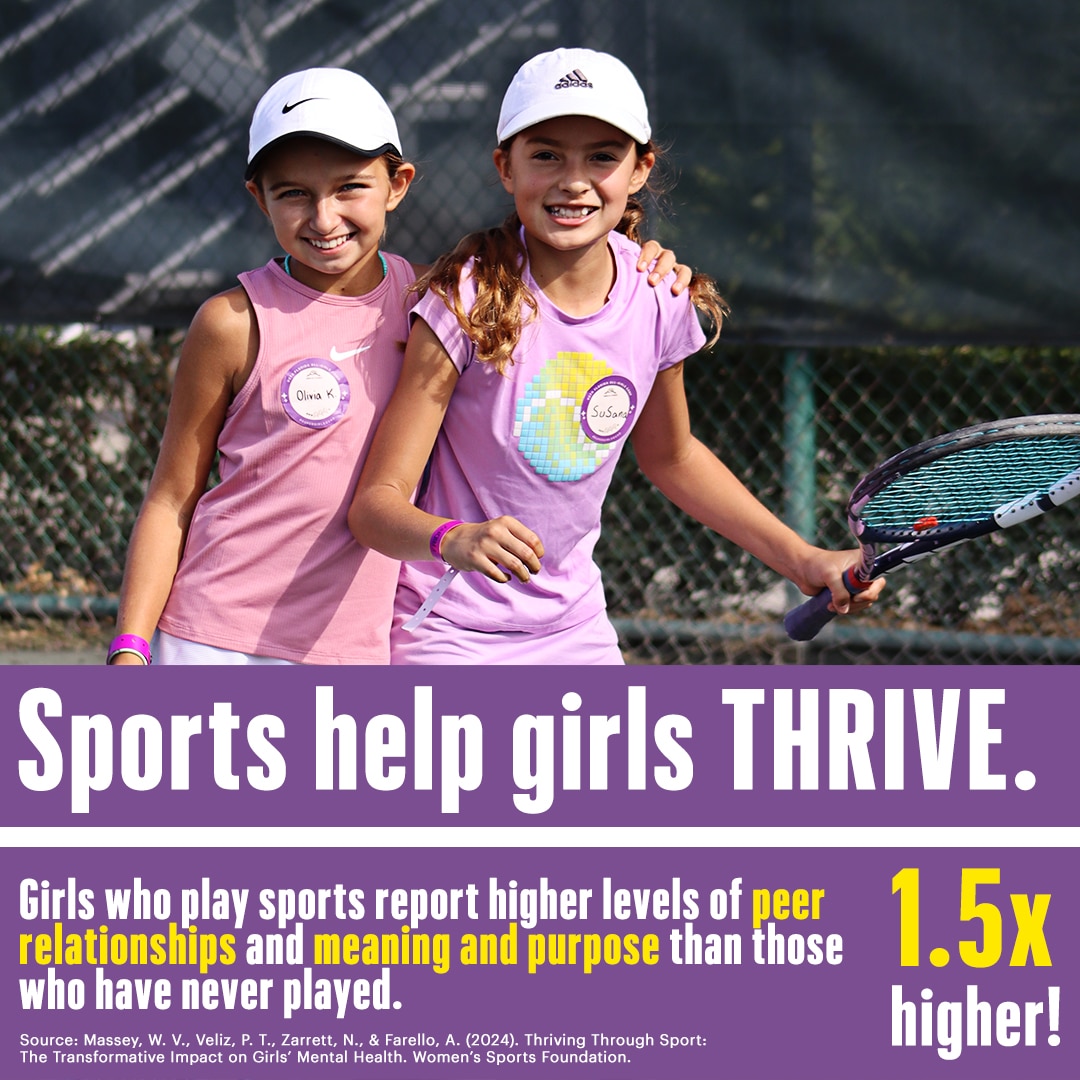The present report set out to examine:
1. What is the relationship between sport participation and mental health in adolescent girls?
2. How do the characteristics of the sport environment affect the relationship between sport participation and mental health?
3. Does the relationship between sport and mental health differ across contexts and demographic groups?
The research used for this report entailed three major components. First, we extracted data from the Adolescent Brain and Cognitive Development (ABCD) Study (Barch et al., 2018) to examine sport participation and clinical levels of mental health for a nationally representative sample of 11,875 children. With these data, we examined how participation in sport, duration of participation in sport, and number of sports played influenced rates of clinical mental health problems in girls and boys. Next, we commissioned eight focus groups with 45 girl athletes to better understand how girls themselves perceived the relationship between sport and mental health, and what factors facilitated or impeded this relationship. With the knowledge gained from these two data sets, the WSF commissioned a nationally representative survey of 2,956 girls between the ages of 12 and 17 and their parent/guardian. The data included girls who currently participate in sport (n = 1,677), girls who previously participated in sport (n = 343), and girls who have never participated in sport (n = 936). The survey examined the relationship between sport participation and depression, anxiety, peer relationships, and a sense of meaning and purpose. Results give insights into the unique contribution of sport to mental health, the conditions under which sport is most beneficial for mental health, and the relationship of sport and mental health across a range of socio-demographic groups.
View Full Executive Summary




 View Report
View Report

















